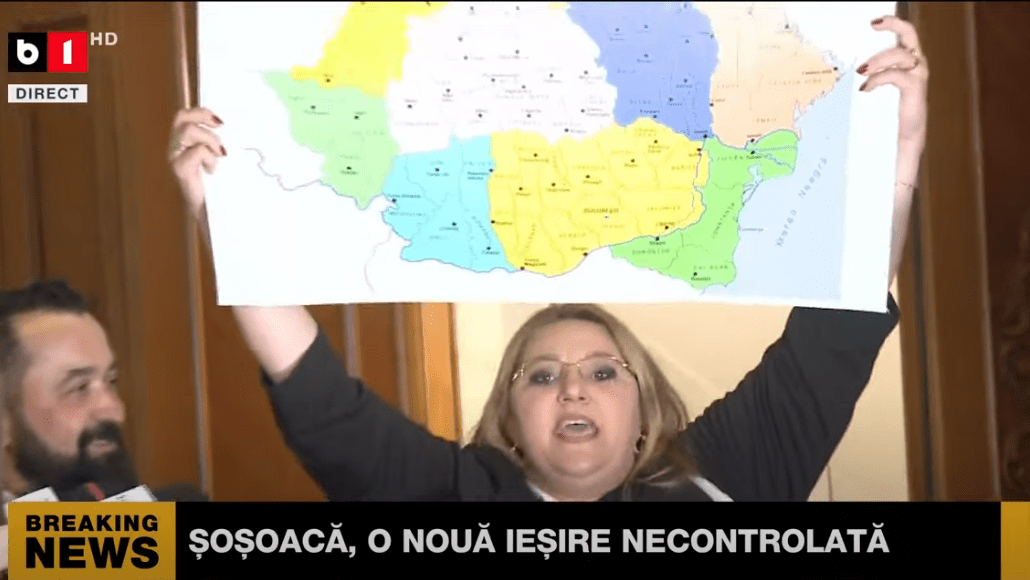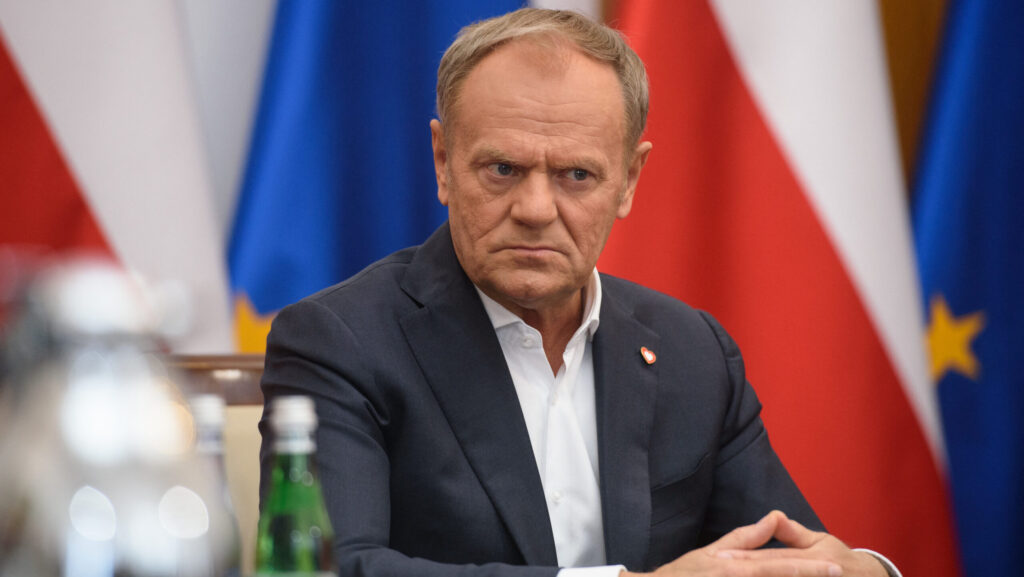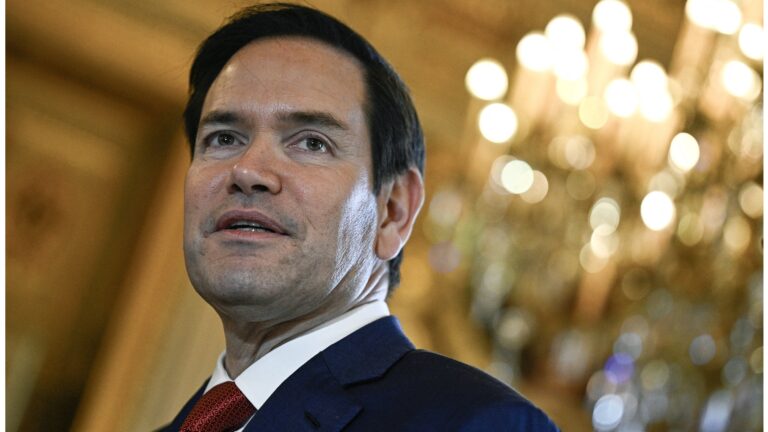Far-right Romanian politician Diana Șoșoacă is known for her vocal anti-Hungarian stances. She was elected to the upper chamber of the Parliament of Romania in 2020 as a member of the right-wing Alliance for the Union of Romanians party. However, she was expelled from the party for not following their common strategy in February 2021.
After spending some time as an independent, she is now sitting in the Senate as a member of her own newly founded S.O.S. Romania (evidently, a pun based on the first three letters of her last name) party. Lóránd Turos is an ethnic Hungarian member of the same chamber, he is with the Democratic Alliance of Hungarians in Romania (RMDSZ).
Senator Turos spoke up at a recent session to talk about what 1 December 1918—a date which is celebrated as a national holiday, the ‘Great Union Day’, in Romania—meant to the Hungarians living in Transylvania. As Turos put it, they went from being a ‘majority nation’ to a ‘minority community’.
While he was making his speech,
Senator Șoșoacă was shouting ‘Tell that to the Hungarian parliament!’, and ‘You’ve been given too many rights here so far, go to Hungary!’.
Her inflammatory statements did not stop there. She also yelled out ‘1 December is Romania’s,’ and ‘Romanians have been “hungarianized”, you’ve been making a mockery of the graves of Romanians!’ to disrupt the speech by her fellow Senator.
As we wrote above, this was not the first time Șoșoacă went on an anti-Hungarian diatribe. Just last month, for example, she stated that she did not believe Székely Land existed, as she believes Romania is indivisible, in a speech in which she argued against the display of Székely flags. Also, in a previous address in front of the Romanian Senate, she asked for the outlawing of the RMDSZ back in April.
The Crazy Views and Deeds of Diana Șoșoacă
To give these instances fair context, we must note that Senator Șoșoacă is considered to be on the fringe of the Romanian political spectrum, as evidenced by her expulsion from the AUR party. She won her Senate seat in 2020 under their banner, with significantly tamer rhetoric.
The odd views of the 48-year-old lawyer by trade do not stop with ethnic Hungarians—her public speeches tend to be as pleasing intellectually as she is aesthetically.
She is also in favour of Romania leaving the European Union; and is fiercely pro-Palestine in the Hamas-Israel conflict in the Middle East, claiming that the Jewish state is committing war crimes. What’s more,
she was accused of kidnapping an Italian journalist by the Italian TV channel Rai 1,
after she did not let one of their reporters leave the room after she had conducted an interview with her about the COVID pandemic in December 2021. Șoșoacă had first gained national attention for her public opposition to pandemic restrictions.
Despite all that, recent polling shows her S.O.S. Romania party being above the five-per-cent parliamentary threshold in the 2025 Romanian election, with six per cent of the electorate supporting her. The pro-Hungarian RMDSZ is trailing her, with 4.9 per cent measured support.








